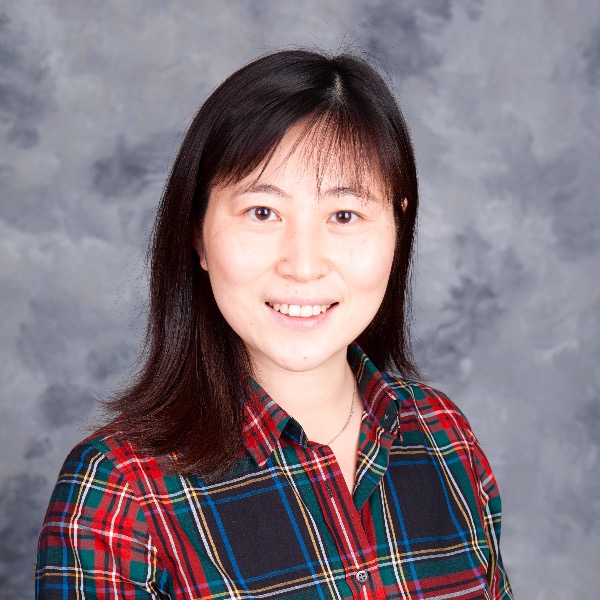Amanda Bao

Amanda Bao is an Associate Professor and Program Director in Civil Engineering Technology, and she won the 2021 Eisenhart Award for Outstanding Teaching at RIT. Dr. Bao conducts research in bridge resiliency and sustainability, innovative construction materials, and evaluation of aging infrastructure. She has been actively involved in engineering education research since 2011, including digital learning, active learning, and intensive collaboration with industry.
1. How do you use AI in your teaching, and what are your favorite resources?
With the rapid growth of technology initiatives and emerging generative AI tools, civil engineering education needs to be adapted to accommodate technological innovations and artificial intelligence. I have implemented the generative AI tool (ChatGPT) in a third-year civil engineering course, “CVET-332-01 Structural Analysis and Modeling,” and a fourth-year civil engineering course, “CVET-431 Structural Steel Design,” to enhance students’ critical thinking skills. The newly developed course materials target preparing students to understand and use generative AI tools to solve engineering problems. New homework problems are designed to let students practice generative AI tools, such as ChatGPT, to search the related engineering topics, expand the lecture materials, and evaluate the generative AI output according to what they learned from the lectures. Early findings show that generative AI tools are very useful in broadening students’ knowledge of new topics in engineering courses.
2. Can you share or describe an example or two of an AI related assignment?
The homework problems are designed to improve students’ critical thinking skills and emphasize their ability to collect and evaluate evidence, make engineering judgments, and provide viable solutions. Here are two examples: Example 1: Use ChatGPT to answer the question: “How climate change affects the structural design loads?” and briefly comment on the answer according to your knowledge of climate change. Example 2: Use ChatGPT to get the answer to the following question and evaluate the answer according to your knowledge of this topic: What are the applications and limitations of approximate methods in structural analysis?
3. What do you tell students about using AI?
The rapid growth and implementation of technology and AI in higher education is the trend, and there is no going back. It is important for both instructors and students in the AI era to implement generative AI tools effectively to enhance the teaching and learning experience. This is the statement related to AI in the CVET-332-01 syllabus: “Generative AI tools related to structural analysis will be introduced.”
4. What challenges, if any, have you had with AI in your courses?
Some initial concerns about academic integrity and bias towards generative AI caused early resistance among some students.
5. How do you think AI has or will impact your domain?
Civil engineering education needs to be adapted to accommodate technological and artificial intelligence and promote a culture of innovation. While the power of generative AI initially caused some panic about academic integrity, the positive impact of generative AI on STEM fields has received more and more attention. For example, AI has been adopted in the construction industry to provide technical project support and best practices, as well as offer job training and education.